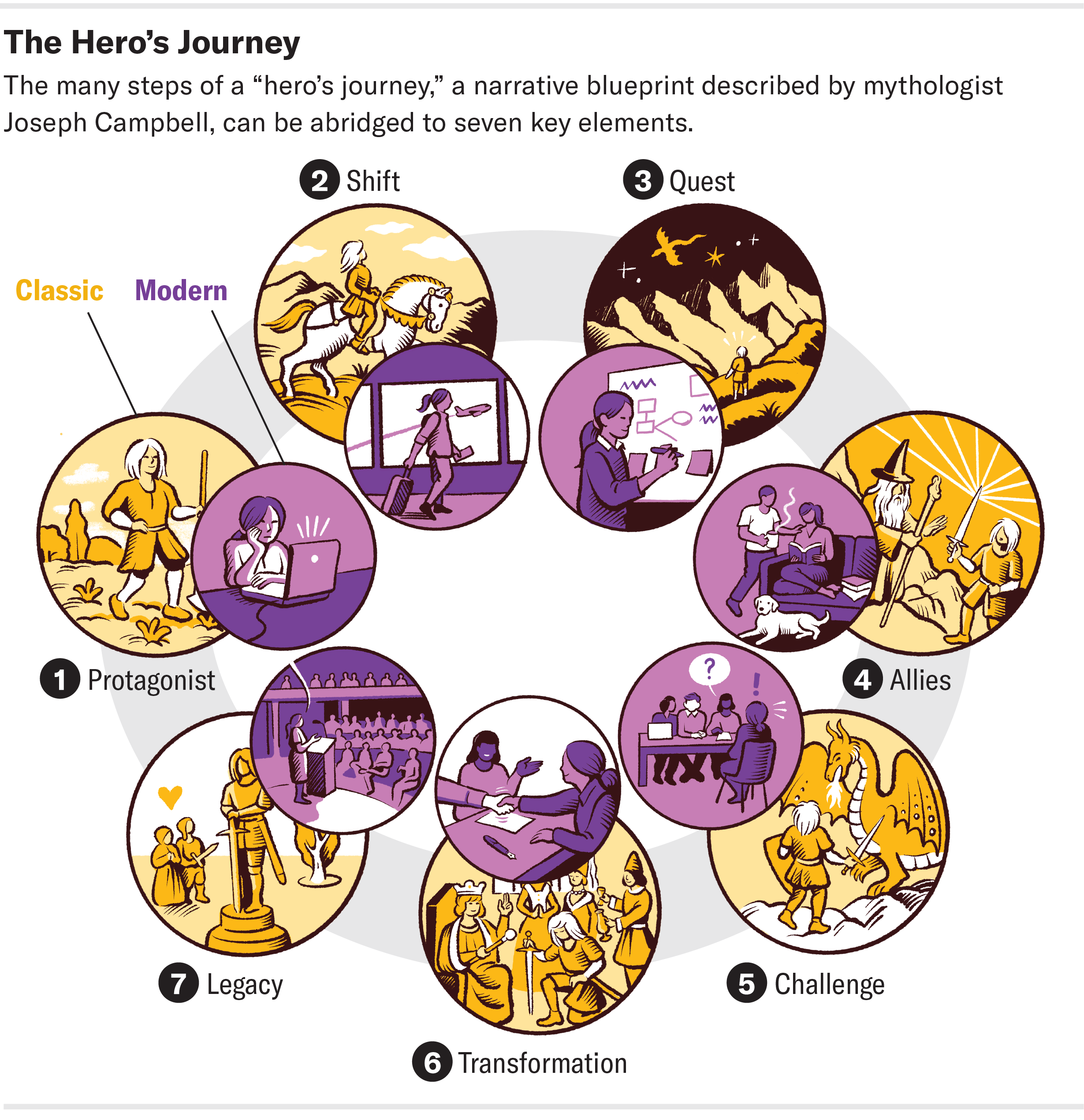We got our walk in today during a break in the rain; when it started again, it turned to fog. (Meanwhile, making significant progress on the next expansion of sfadb.com today. Real soon now.)
Various items for today; catching up on collected links.
- Dahlia Lithwick on the threats from Trump and his team, and wondering why people, and the mainstream media, aren’t more alarmed;
- A new study that shows it really does take a village to raise a child;
- Michael Shermer, responding to Ayaan Hirsi Ali, explains why he is not a Christian;
- Why people are drawn to horror movies and haunted houses — a first item about narrative;
- How to be the hero of your own life — a second item about narrative;
- Michael Johnson and whether homosexuality is a ‘choice’;
- RFK Jr. wants to stop research on infectious diseases, and how he’s making millions.

Slate, Dahlia Lithwick, 16 Nov 2023: Suppose They Threw a Cage Match Between Fascism and Democracy and Nobody Cared
More about Trump and his team’s promises to gut the government, build concentration camps, and eliminate the vermin. Despite all the coverage by commentators, most people, and the mainstream press, don’t seem particularly alarmed. [Trump is ahead in some polls!]
The piece suggesting that all of the above represents an objective, verifiable, and historically predictive set of preconditions for authoritarianism, or fascism, or the end of free and fair elections has been said or written, succinctly and brilliantly, in recent days by Jamelle Bouie, Joyce Vance, Ruth Ben Ghiat, Rachel Maddow, John Cassidy, Seth Meyers, Jason Stanley, Zack Beauchamp, Chris Lehmann, Michael Tomasky, Scott Lehigh, and who knows how many others. And, perhaps paradoxically, the piece suggesting that the press has failed utterly to meet this perilous moment has been done, also brilliantly, by Margaret Sullivan, Brian Stelter, and Dan Froomkin, all of them echoing the call of New York University professor Jay Rosen, who continues to demand that the media cover the 2024 campaign by emphasizing “not the odds but the stakes.”
(Hover over all those links for a handy guide to sources Lithwick finds trustworthy.)
\\
As many have noted, the “nuclear family” vaunted by individualistic Americans is an historical aberration.

Salon, Nicole Karlis, 14 Nov 2023: It really does take a village: Study links mother and child wellbeing to multiple caregivers, subtitled “Human infants are ‘evolutionarily primed’ to expect high levels of care from several people, unlike Western care”
\\
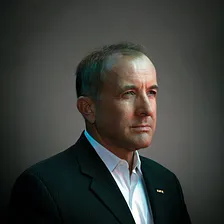
Michael Shermer on Substack, 12 Nov 2023: Why I Am Not a Christian, subtitled “A response to Ayaan Hirsi Ali’s declaration ‘Why I am Now a Christian'”
On November 11, 2023, my friend, colleague, and hero Ayaan Hirsi Ali released a statement explaining “Why I am Now a Christian”.
A long piece, perhaps as long as the Bertrand Russell essay it is named after. (My review.) The alternative to the Judeo-Christian worldview isn’t atheism, he says, but enlightenment humanism. A sample:
In my books The Moral Arc and Giving the Devil His Due I show that it isn’t atheism bending the arc of justice and freedom, but Enlightenment humanism—a cosmopolitan worldview that places supreme value on human and civil rights, individual autonomy and bodily integrity, free thought and free speech, the rule of law, and science and reason as the best tools for determining the truth about anything. It incorporates scientific naturalism, the principle that the methods of science operate under the presumption that the world and everything in it is the result of natural processes in a system of material causes and effects that does not allow, or need, the introduction of supernatural forces. By extension from above, if God is a supernatural being outside of space and time and therefore unknowable in any rational or empirical manner, it is not possible for natural creatures like us to understand a supernatural deity.
Scientific naturalism and Enlightenment humanism made the modern world, and many of the founding fathers of the United States, for example Thomas Jefferson, Thomas Paine, Benjamin Franklin, James Madison, and John Adams, were either practicing scientists or were trained in the sciences, and their construction of the Constitution and the principles on which it is based were thoroughly secular and based on the best science and philosophy of the day. It is my hypothesis that in the same way that Galileo and Newton discovered physical laws and principles about the natural world that really are out there, so too did the founders discover moral laws and principles about human nature and society that really do exist.
And he goes on to discuss, among other things, what it would take to accept that Christianity is true.
\\

Scientific American, Coltan Scrivner & Athena Aktipis, 1 Nov 2023 (from the November 2023 print issue): The Evolutionary Reasons We Are Drawn to Horror Movies and Haunted Houses, subtitled “Scary play lets people—and other animals—rehearse coping skills for disturbing challenges in the real world”
This is hardly a surprise; it’s the same rationale for the existence of childhood play, or for absorbing any kind of stories at all, in print or on screen.
Think about for a moment what we all take for granted — that we are so drawn to stories, whether told around the campfires among primitive tribes, in epic poems, in religious texts, in soap operas, in grandiose films, in novels of character, in science fiction?
Stories give shape and meaning to an otherwise random and meaningless world, and so appeal to human biases about cause and effect. (This was a point in my essay, considering that science fiction sometimes, necessarily, needs to confront the reality of a universe that exists quite independently from human motivations and biases — including the tendency to make everything a story.) And, like play, they serve as vicarious rehearsals for potential scenarios one might encounter in real life.
\\
And another item about narrative. This will have to be a key theme in the expansion of my essay, to understand further what drives the motivations and appeal of science fiction.
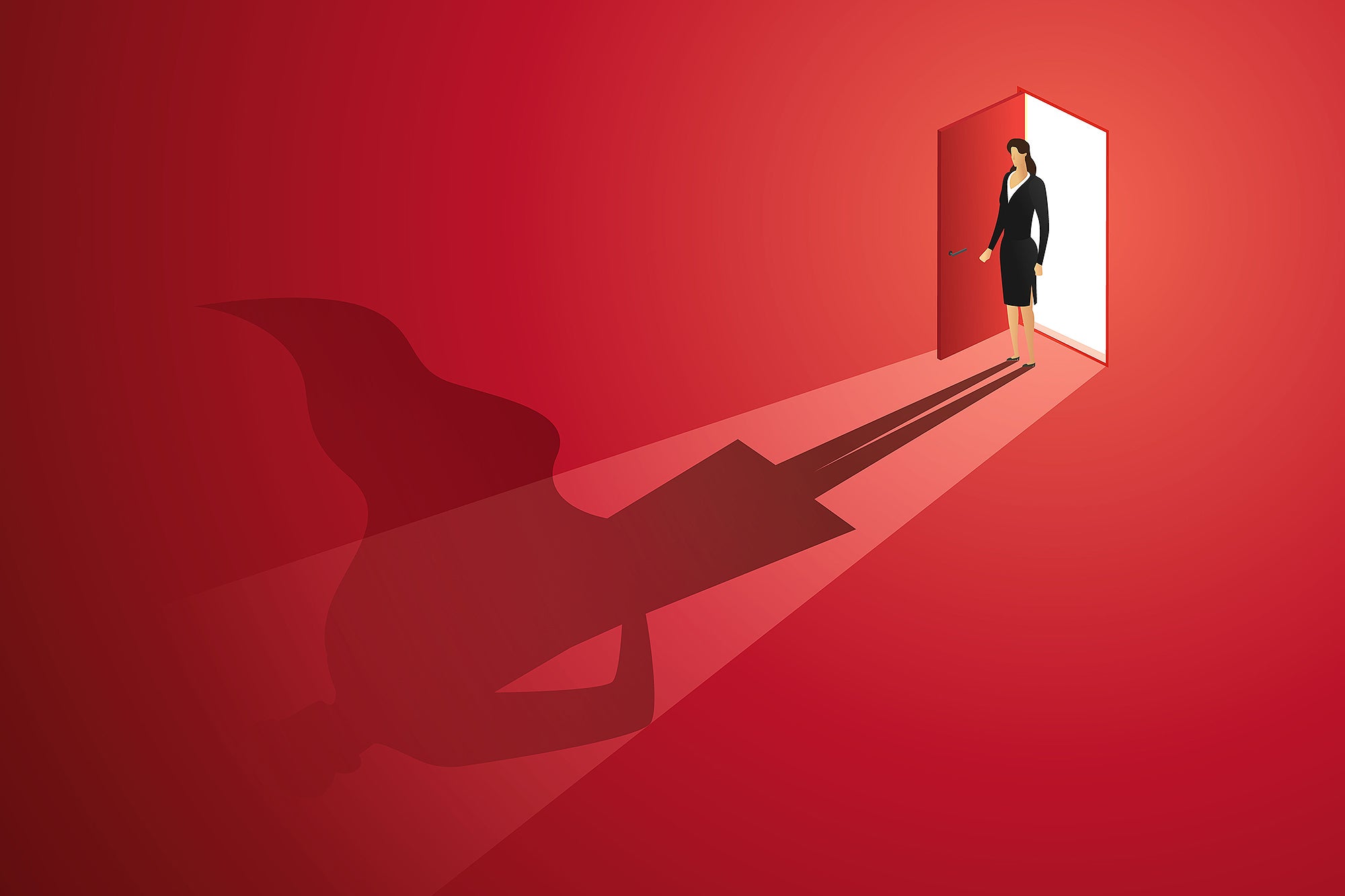
Scientific American, Kurt Gray, Mike Christian & Ben Rogers, 30 Oct 2023, To Lead a Meaningful Life, Become Your Own Hero, subtitled “From Gilgamesh to Star Wars, the narrative blueprint underpinning many heroic tales can offer a powerful way to reframe experiences”
Opening with the tip of the iceberg:
What do Beowulf, Batman and Barbie all have in common? Ancient legends, comic book sagas and blockbuster movies alike share a storytelling blueprint called “the hero’s journey.” This timeless narrative structure, first described by mythologist Joseph Campbell in 1949, describes ancient epics, such as the Odyssey and the Epic of Gilgamesh, and modern favorites, including the Harry Potter, Star Wars and Lord of the Rings series. Many hero’s journey stories have become cultural touchstones that influence how people think about their world and themselves.
And then the basis of the writers’ claim:
The human brain seems hardwired to make sense of the world through stories. Homo sapiens evolved over millennia of sitting around the fire and telling tales of challenge and triumph. Our interest in storytelling explains why we read magazine articles that open with an anecdote and why we naturally frame our life in story form. These life stories stitch together different events into an overarching narrative, with the storyteller as the protagonist. These tales help people define who they are and make the experience of life more coherent.
All of this is very well-known. The article goes on to summarize and simplify Joseph Campbell’s “Hero’s Journey,” and then apply it to The Lord of the Rings. And then, returning to its title’s thesis, describes how to apply it to one’s own life.
Anyone can frame their life as a hero’s journey—and we suspect that people can also benefit from taking small steps toward a more heroic life. You can see yourself as a heroic protagonist, for example, by identifying your values and keeping them top of mind in daily life. You can lean into friendships and new experiences. You can set goals much like those of classic quests to stay motivated—and challenge yourself to improve your skills. You can also take stock of lessons learned and ways that you might leave a positive legacy for your community or loved ones.
Though you may never save the world on a massive scale, you could save yourself. You can become a hero in the context of your own life, which, at the very least, will make for a better story.
Everyone lives a life, and as I said above, we strive to interpret life through stories, stories that have beginnings, middles, and ends, and that end in some purposeful, meaningful, result. Humans are happier if they are able to do that.
\\
It’s been noted that those most often opposed to homosexuality are protesting too much; they are hiding their own attractions by attacking others.
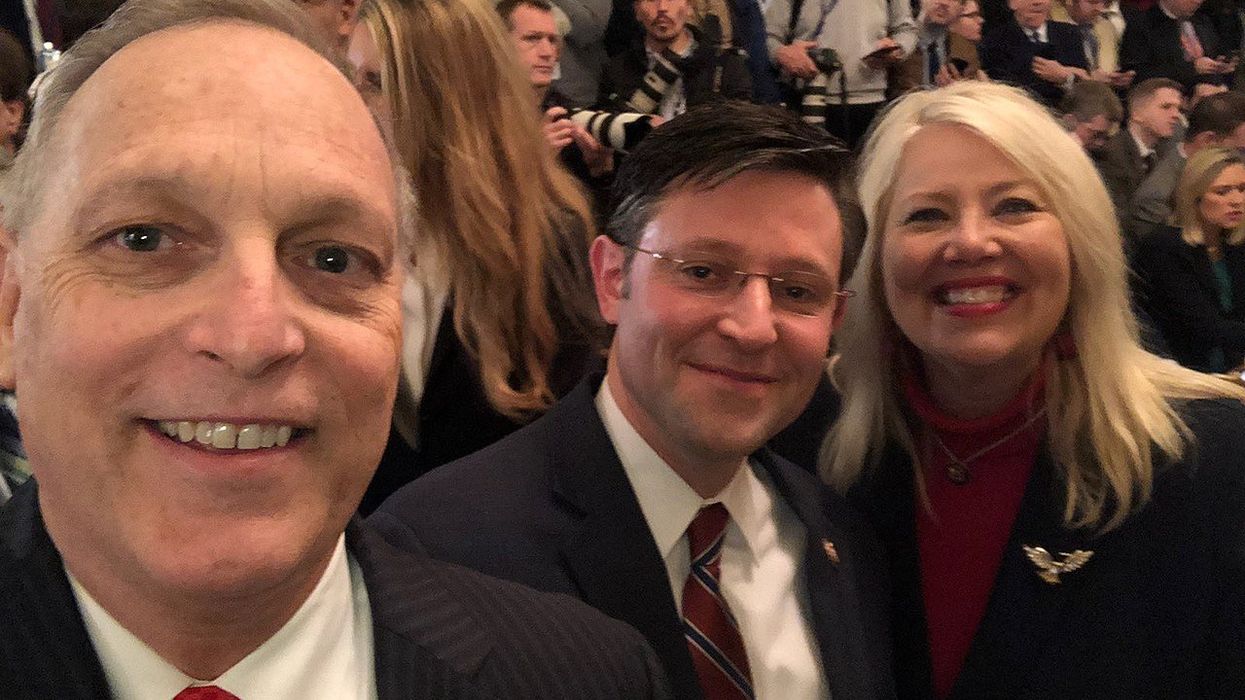
AlterNet, Michael Signorile (who’s been around a while!), 6 Nov 2023: Opinion | Mike Johnson believes homosexuality is a ‘choice.’ Did he in fact make one?
I’ll just leave this here.
\\
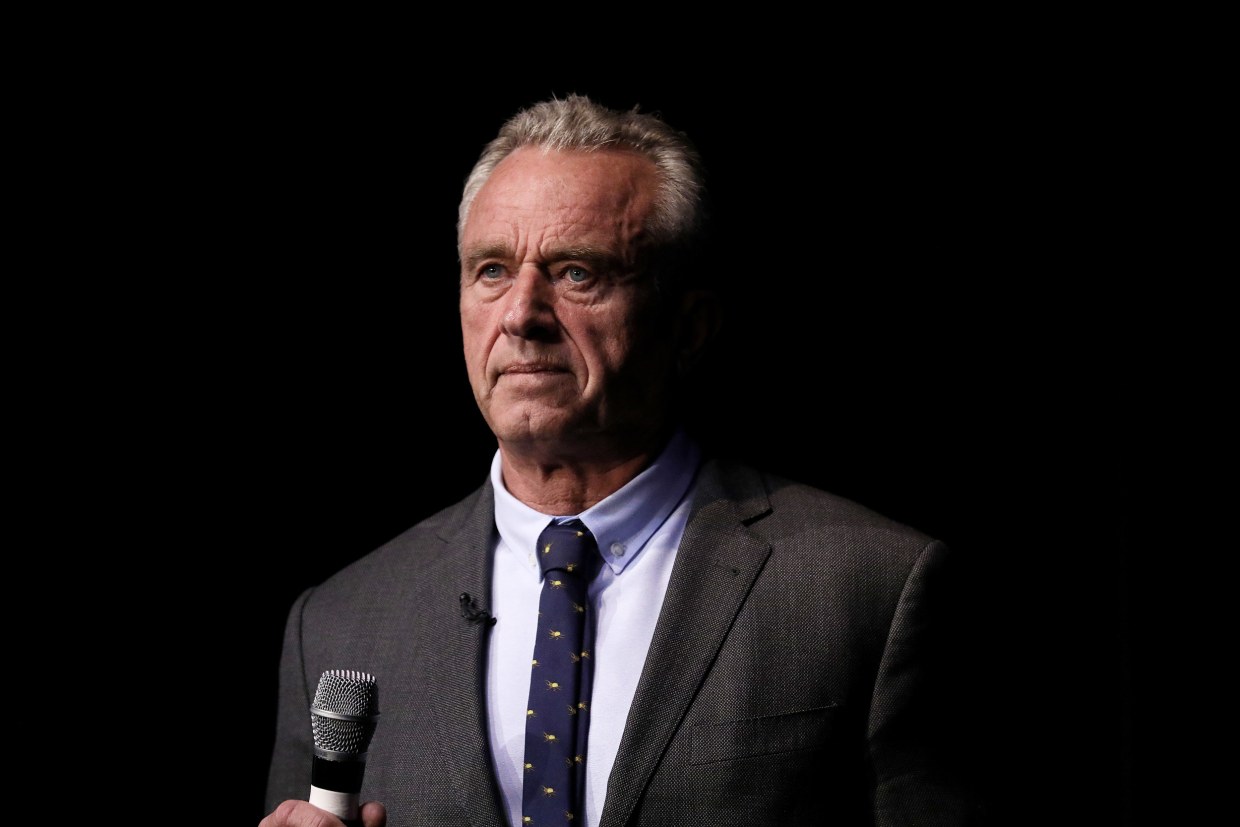
NBC News, 3 Nov 2023: RFK Jr. comes ‘home’ to his anti-vaccine group, commits to ‘a break’ for U.S. infectious disease research, subtitled “He has suggested without evidence that researchers and pharmaceutical companies are driven by profit to neglect chronic conditions.”
In other words, turn off science, it’s interfering with my propaganda? Or his profits?
NY Times, 16 Nov 2023: How R.F.K. Jr. Has Turned His Public Crusades Into a Private Windfall, subtitled “The causes Robert F. Kennedy Jr. has championed have brought him admiration, criticism — and tens of millions of dollars.”
People who follow him, or the likes of Alex Jones, do realize that these people are making millions of dollars hawking their wares?

